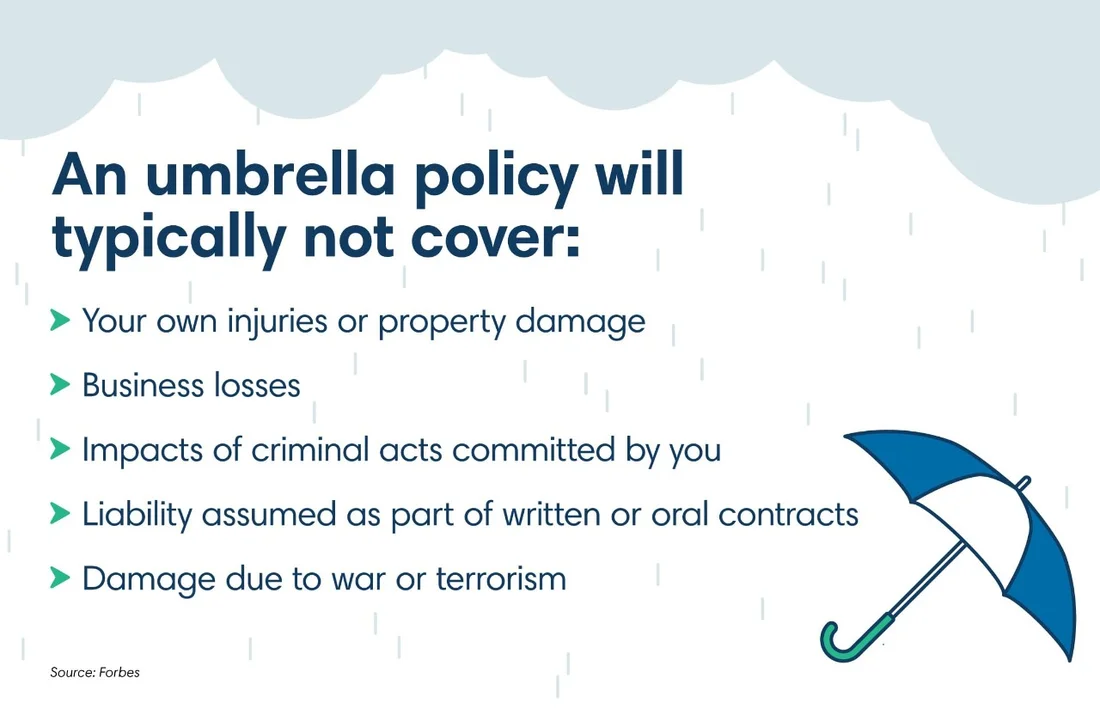Digital banking for business
Seamlessly access all of your accounts from one place with First Citizens Digital Banking for business.
Being prepared for the unknown is a standard component of financial planning. Purchasing an insurance policy may allow us to be prepared for unexpected emergencies—such as car accidents or property damage—but there may still be gaps in coverage.

As your wealth and responsibilities grow, your need for some lesser-known types of insurance may grow as well.
In many ways, you can think of insurance as a way to protect your life's savings. As your life changes and your savings grow, so does your need for coverage.
"It puts a plan in place for what to do if something bad happens," says Louise Piasecki, Regional Insurance Manager at First Citizens Investment Services. "It's doing the proper planning now so that if a bad event does happen, you won't have to worry about it as much."
Piasecki and Ann Bass, Sales and Service Manager for Insurance Services at First Citizens, share types of extra coverage you may want to consider as life moves forward.
Even if you have home and auto coverage, you may find yourself responsible for unanticipated costs related to your residence or vehicle—including recreational vehicles such as boats and RVs. Let's say someone is injured on your property and there's perceived negligence—such as faulty steps—or you're involved in an at-fault accident and cause extensive bodily harm or property damage to other individuals. In these situations, a personal umbrella policy may be useful because it provides liability protection beyond the limits of your home and auto policies.
"It's important for people to make sure they have umbrella coverage because your auto and homeowners liability may not be enough to cover you in every situation," Bass says.
An umbrella insurance policy can be useful for accidents, lawsuits or negligence claims that exceed regular policy limits. Here are a few situations where this type of policy would make sense.
"Make sure there are no gaps between your home and auto liability limits and the limits your umbrella carrier requires," Bass says. Also remember that umbrella insurance typically doesn't cover any harm that might happen to you or your property. It only covers you if you're found to be at fault and are responsible for others' injuries or damage to property and are possibly sued for damages.

In some cases, insurance not only protects your assets but can also help them grow. For example, a permanent life insurance policy—such as indexed universal life, or IUL, insurance—combines a payout to beneficiaries with a cash value component linked to the performance of a stock market index. By paying more than the minimum required premium—known as overfunding—you can accelerate the cash value's tax-advantaged growth.
This is referred to as life insurance and retirement planning, or LIRP. According to Piasecki, it may be a good option for those in the emerging-affluent sector with money to invest. It's still primarily an insurance policy but allows cash value to grow over time. You can access this cash value during retirement through policy loans or withdrawals, which could be tax-free depending on the amount.
If you already make the maximum annual investment to your 401(k) or Roth IRA and have more assets to invest, an LIRP may be worth discussing with your financial advisor—especially if you want to save aggressively for retirement.
According to Piasecki, this type of investment strategy isn't based on the Employee Retirement Income Security Act, or ERISA—meaning an LIRP isn't governed by federal standards like a 401(k) is. "For example, if someone is hoping to retire early, an LIRP doesn't have the same age limitations that ERISA plans would bring," she says.
Insurance exists because surprise expenses can and do happen. But Bass and Piasecki emphasize that insurance isn't just about doom and gloom. It's also about protection and peace of mind. Sometimes, this means protecting yourself from unexpected circumstances.
For this reason, it's important to consider the following types of insurance to ensure you're adequately covered.
As your life circumstances change, it's important to reevaluate your insurance coverage and see what you might want to add, edit or remove. "Review your life insurance any time a big life change happens or is expected," Piasecki says. For example, life insurance might not be as essential as you get older, but long-term care insurance may make more sense.
An advisor or team working on your behalf can help explain the types of coverage that may make the most sense for you in the short and long term. Piasecki helps clients visualize the unexpected by walking them through scenarios and asking where they'd pull money from if something unexpected happened today.
"We're trying to protect what you have now and what you'll have in the future," Bass says. "We want to give you that peace of mind that if something does happen, you have people who'll help you work through it."
Email Us
Please select the option that best matches your needs.
Customers with account-related questions who aren't enrolled in Digital Banking or who would prefer to talk with someone can call us directly.